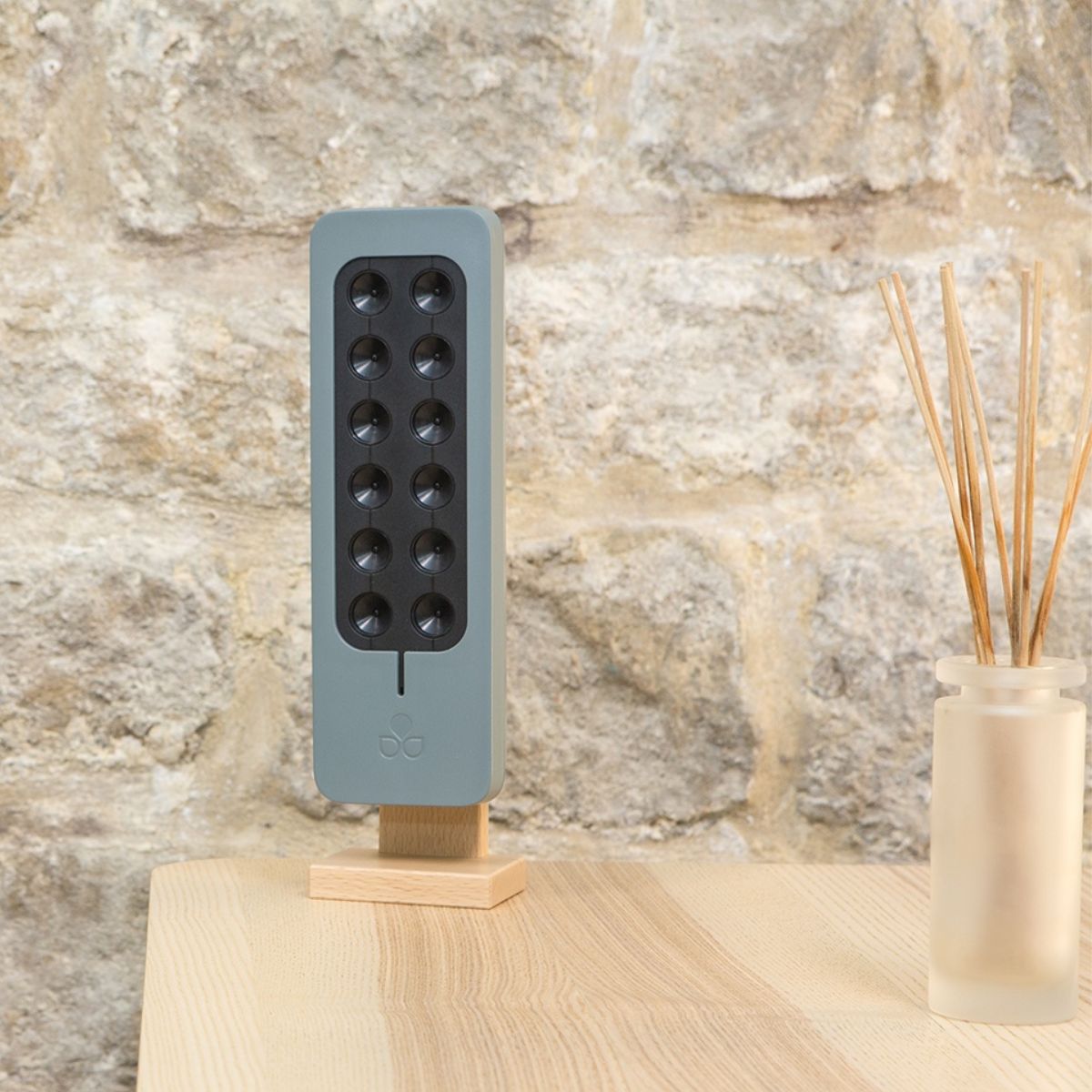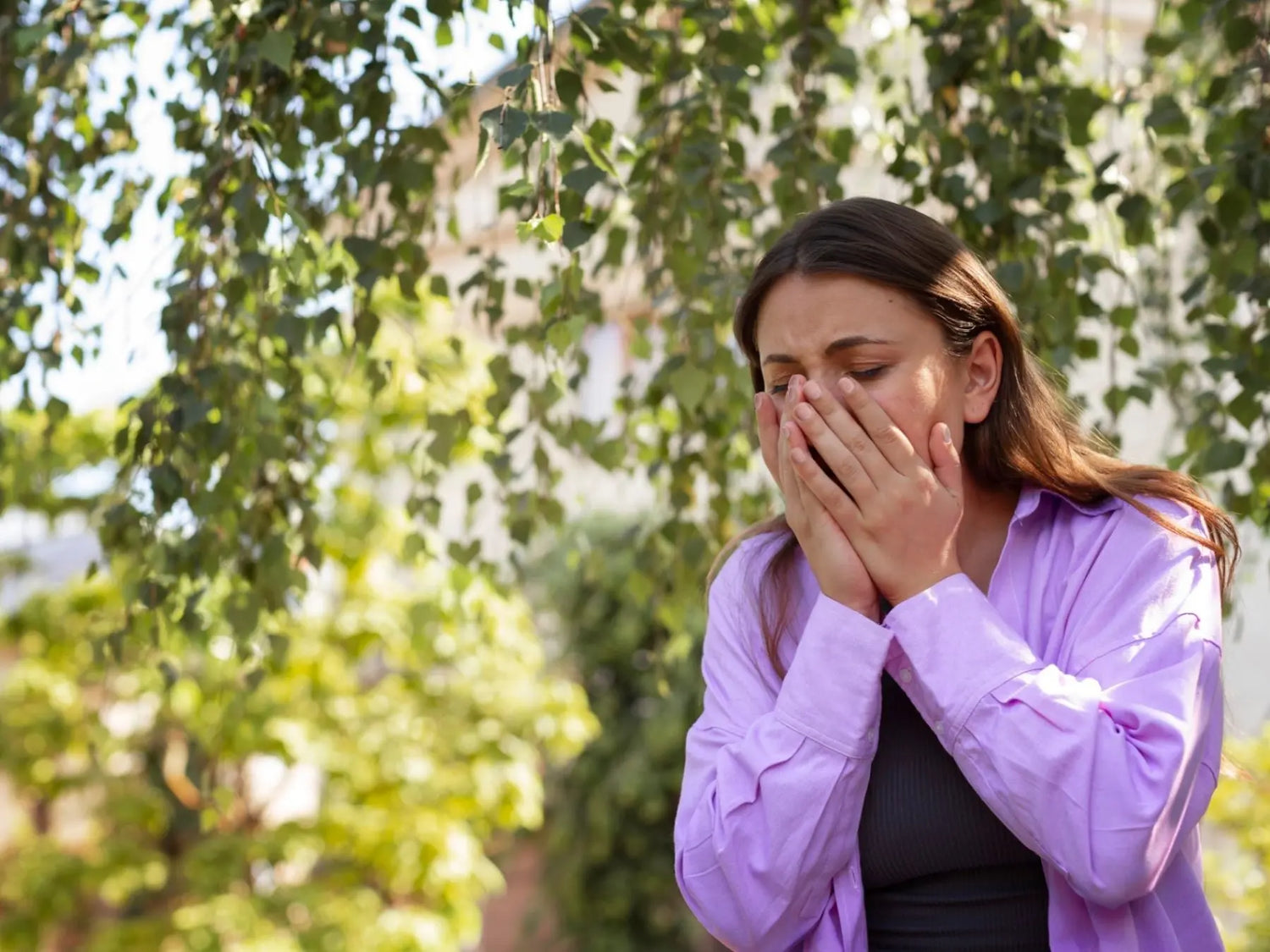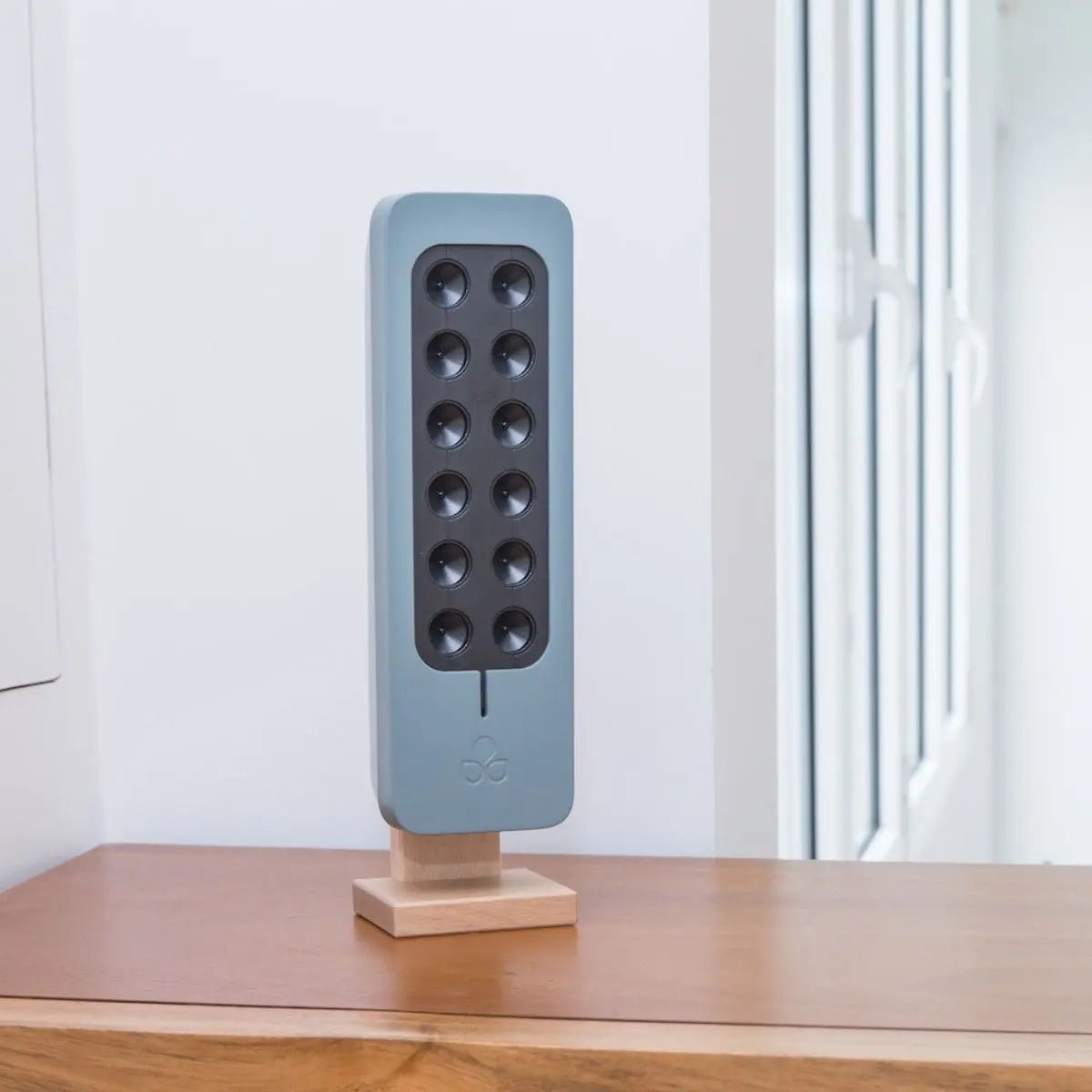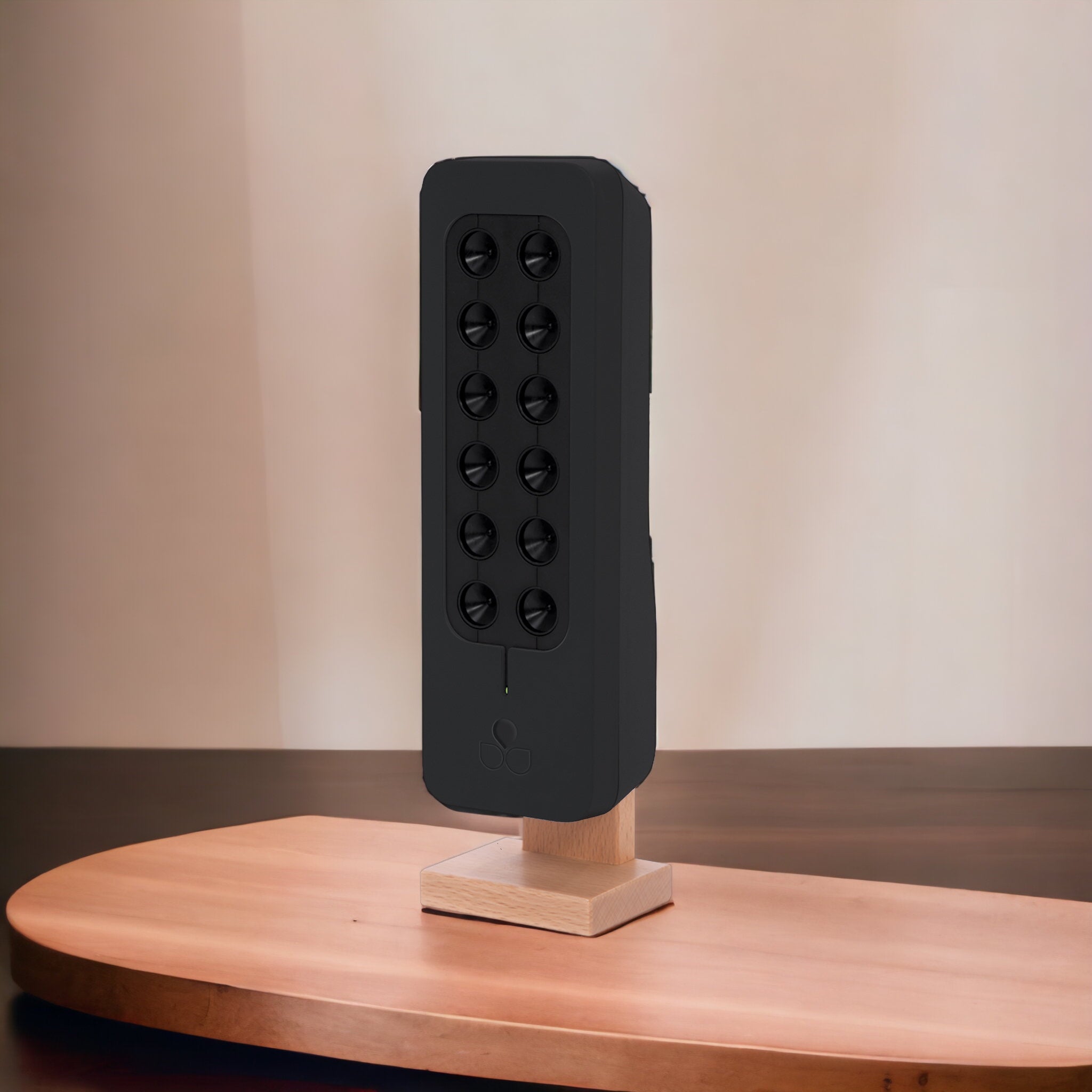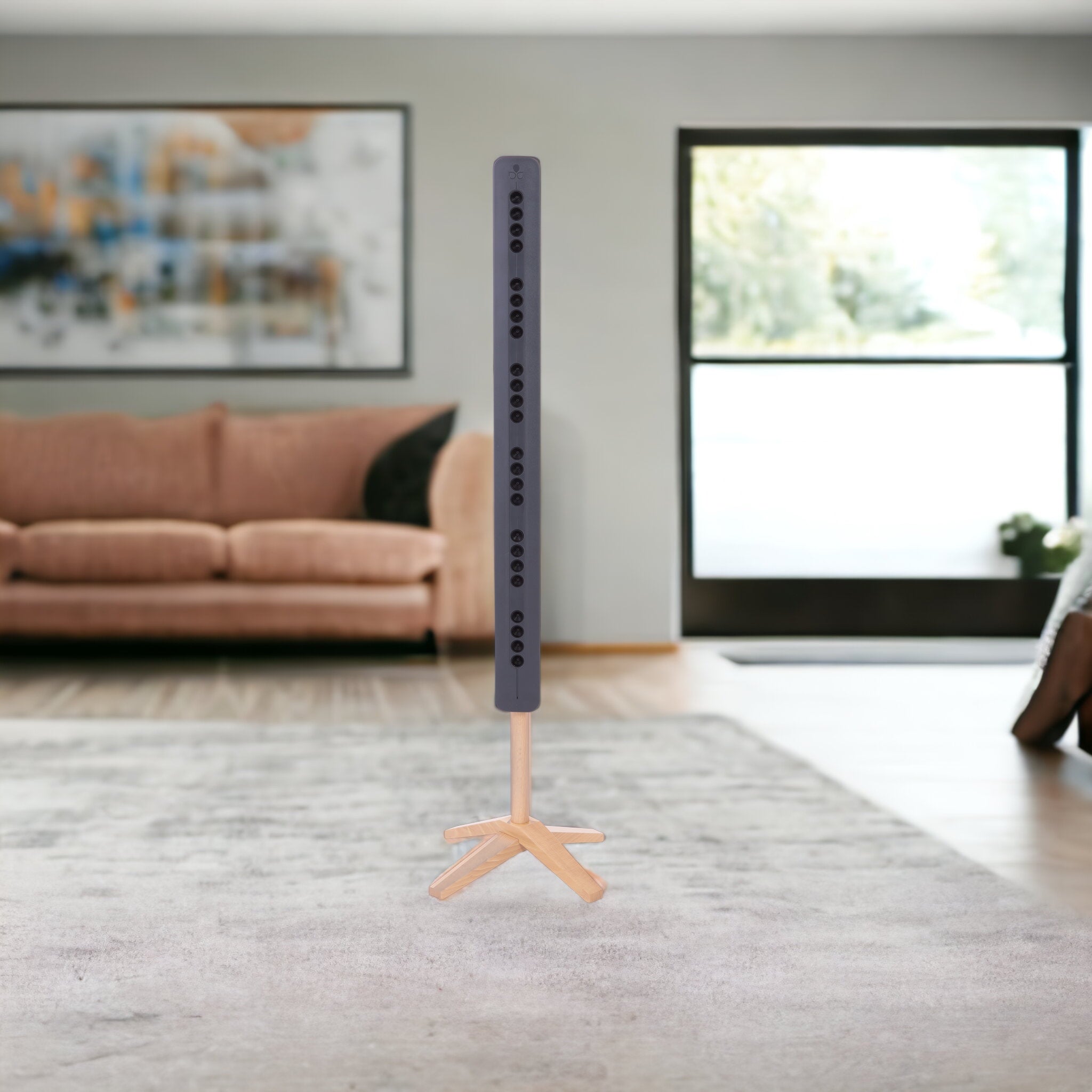As a longtime allergy sufferer, I know firsthand the misery that pollen allergies can cause. The itching, sneezing, congestion, and other symptoms can be incredibly frustrating and disruptive to daily life. Fortunately, there are a variety of natural treatments that can help alleviate these symptoms and make pollen allergy season more bearable. In this article, I'll cover everything you need to know about pollen allergies, including their causes, symptoms, diagnosis, and common treatments. I'll also share some of the most effective natural remedies and lifestyle changes that can help you manage your pollen allergies and enjoy the outdoors without suffering.
Introduction to pollen allergies and hay fever
Pollen allergies, also known as hay fever, are a type of allergic reaction that occurs when your body's immune system overreacts to pollen from trees, grasses, and weeds. When you inhale pollen, your body produces antibodies that trigger the release of histamine and other chemicals that cause inflammation and irritation in your nose, eyes, throat, and lungs. This can lead to a range of symptoms, including:
- Sneezing
- Runny or stuffy nose
- Itchy or watery eyes
- Scratchy throat
- Coughing
- Wheezing
- Headache
- Fatigue
Hay fever can be seasonal or year-round, depending on the type of pollen you're allergic to. Spring and summer are typically the worst times for pollen allergies, as trees and grasses are in full bloom. However, some people are also allergic to mold, which can thrive in damp environments like basements, bathrooms, and kitchens.
Causes of pollen allergies
Pollen allergies are caused by an overactive immune system that perceives pollen as a threat and overreacts to it. There's no clear reason why some people develop allergies while others don't, but genetics, environmental factors, and lifestyle choices can all play a role. Some of the factors that may increase your risk of developing pollen allergies include:
- Family history of allergies
- Living in urban areas with high pollution levels
- Exposure to secondhand smoke
- Chronic stress
- Poor diet and lack of exercise
- Weak immune system
- Exposure to certain chemicals and pollutants
Symptoms of pollen allergies
The symptoms of pollen allergies can range from mild to severe and can vary from person to person. Some people may experience only mild symptoms, while others may have more severe reactions that require medical attention. Common symptoms of pollen allergies include:
- Runny or stuffy nose
- Itchy or watery eyes
- Sneezing
- Scratchy throat
- Coughing
- Wheezing
- Headache
- Fatigue
- Difficulty breathing
If you experience any of these symptoms during pollen season, it's important to see a doctor to get a proper diagnosis and treatment plan.
Diagnosis of pollen allergies
If you suspect that you have pollen allergies, your doctor can perform a series of tests to confirm the diagnosis. These may include:
- Skin prick test: Your doctor will prick your skin with a small amount of pollen to see if you have an allergic reaction.
- Blood test: Your doctor will draw blood to measure the levels of antibodies in your bloodstream.
- Nasal smear: Your doctor will take a sample of mucus from your nose to check for the presence of eosinophils, a type of white blood cell that's often associated with allergies.
Once you've been diagnosed with pollen allergies, your doctor can recommend a variety of treatments to help manage your symptoms.
Common treatments for pollen allergies
There are a variety of treatments available for pollen allergies, ranging from over-the-counter medications to prescription drugs and immunotherapy. Some of the most common treatments include:
- Antihistamines: These drugs block the effects of histamine, a chemical that's released during an allergic reaction. They can help relieve symptoms like sneezing, itching, and runny nose.
- Decongestants: These drugs reduce swelling in the nasal passages, making it easier to breathe. They can also help relieve congestion and stuffiness.
- Nasal corticosteroids: These drugs reduce inflammation in the nasal passages, helping to relieve symptoms like congestion, sneezing, and runny nose.
- Immunotherapy: This treatment involves exposing you to small amounts of allergens over time, gradually building up your tolerance and reducing your allergic reactions.
While these treatments can be effective in managing pollen allergies, they can also come with side effects and may not be suitable for everyone. That's why many people turn to natural remedies and lifestyle changes to help manage their symptoms.
Limiting exposure to pollen
One of the most effective ways to manage pollen allergies is to limit your exposure to pollen. Here are some tips to help reduce your exposure:
- Stay indoors during peak pollen hours (usually mid-morning to early evening).
- Keep your windows closed and use air conditioning to filter out pollen.
- Wear a mask when doing outdoor activities like gardening or mowing the lawn.
- Wash your clothes and shower after spending time outdoors to rinse off any pollen.
- Avoid hanging clothes outside to dry, as they can collect pollen.
While these strategies can help reduce your exposure to pollen, they may not be enough to completely eliminate your symptoms. That's why it's important to also explore natural remedies and lifestyle changes that can help manage your pollen allergies.
Effective natural treatments for pollen allergies
There are a variety of natural remedies that can help alleviate the symptoms of pollen allergies. Here are some of the most effective options:
- Honey: Local honey contains small amounts of pollen, which can help desensitize your body to pollen over time. Try adding a teaspoon of honey to your tea or eating a spoonful each day to see if it helps.
- Probiotics: Studies have shown that probiotics can help reduce inflammation and boost immune function, which can help alleviate allergy symptoms. Try taking a probiotic supplement or eating foods that are rich in probiotics, like yogurt, kefir, and sauerkraut.
- Herbal remedies: Many herbs have natural antihistamine and anti-inflammatory properties that can help relieve allergy symptoms. Some of the most effective herbs for pollen allergies include nettle, butterbur, and quercetin. You can take these herbs in supplement form or drink them as a tea.
- Essential oils: Some essential oils, like lavender and peppermint, have natural antihistamine and anti-inflammatory properties that can help relieve allergy symptoms. Try diffusing these oils in your home or using them in a steam inhalation.
- Acupuncture: This traditional Chinese medicine practice involves inserting tiny needles into specific points on the body to help balance the flow of energy and improve overall health. Some studies have shown that acupuncture can help reduce allergy symptoms and improve quality of life.
While natural remedies can be effective in managing pollen allergies, it's important to talk to your doctor before trying any new treatments, especially if you're taking medication or have other health conditions.
Home remedies to relieve hay fever symptoms
In addition to natural remedies, there are a variety of home remedies that can help relieve the symptoms of hay fever. Here are some of the most effective options:
- Saline nasal spray: Rinsing your nasal passages with a saline solution can help reduce congestion and remove allergens like pollen and dust.
- Steam inhalation: Breathing in steam can help loosen mucus and relieve congestion. Try adding a few drops of essential oils like eucalyptus or peppermint to your steam inhalation for added relief.
- Warm compresses: Applying a warm compress to your face can help relieve sinus pressure and reduce inflammation. Try soaking a washcloth in warm water and placing it over your nose and sinuses.
- Neti pot: This traditional Ayurvedic remedy involves using a small pot to pour a saline solution through your nasal passages, helping to flush out allergens and reduce congestion.
Lifestyle changes to reduce pollen allergy symptoms
In addition to natural remedies and home remedies, there are a variety of lifestyle changes you can make to help reduce your pollen allergy symptoms. Here are some tips to try:
- Eat a healthy diet: Eating a diet that's rich in fruits, vegetables, and other whole foods can help boost your immune system and reduce inflammation, which can help alleviate allergy symptoms.
- Exercise regularly: Regular exercise can help improve your overall health and reduce stress, which can help alleviate allergy symptoms.
- Practice stress management techniques: Chronic stress can weaken your immune system and exacerbate allergy symptoms. Try practicing relaxation techniques like deep breathing, meditation, or yoga.
- Use air purifiers and vacuum cleaners: These devices can help remove allergens like pollen and dust from your home, reducing your exposure and alleviating your symptoms.
Other tips to manage pollen allergies
In addition to natural remedies, home remedies, and lifestyle changes, there are a variety of other tips and tricks that can help you manage your pollen allergies. Here are some to try:
- Wear sunglasses to protect your eyes from pollen.
- Use a HEPA filter in your air conditioner and vacuum cleaner to remove allergens.
- Use a saline nasal rinse after being outdoors to remove pollen from your sinuses.
- Take a shower and change clothes after being outdoors to remove any pollen that may be on your skin or clothing.
Conclusion
Pollen allergies can be a frustrating and disruptive condition, but there are many natural treatments and lifestyle changes that can help alleviate your symptoms and make pollen season more bearable. Whether you try honey, probiotics, herbal remedies, home remedies, or lifestyle changes, it's important to work with your doctor to find the best treatment plan for you. With the right approach, you can say goodbye to pollen allergies and enjoy the outdoors without suffering.


